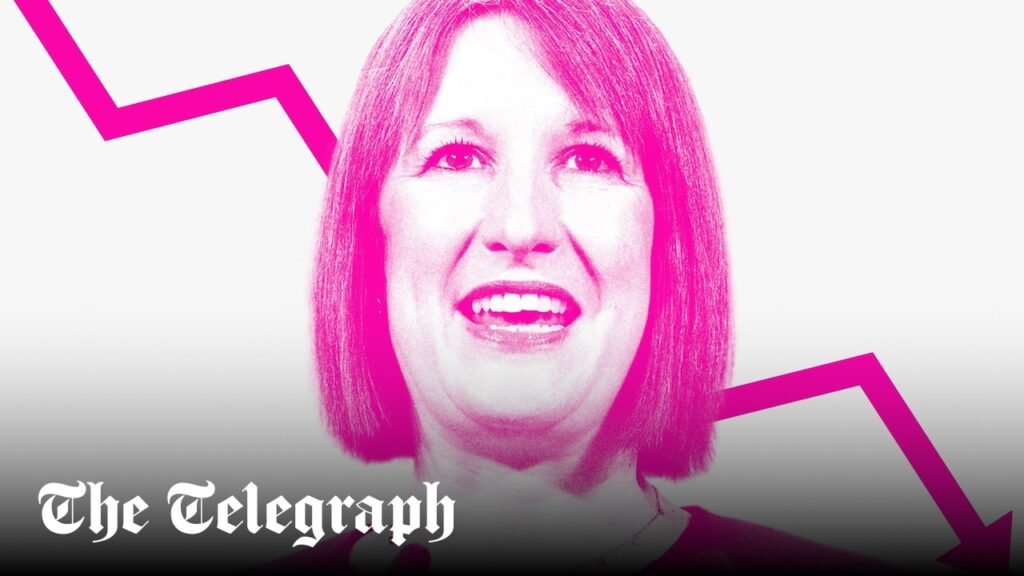Andrew Tully, of Nucleus said: ‘This is a massive change to the way people think about pensions and passing on their unused wealth to family.
“Many may now wish to take more withdrawals from their pensions within the basic rate income tax band and spend, gift or shelter that income taken.”
Business and landowners will also be hit with inheritance tax. Agricultural property and business properties will still benefit from some relief, but this will be capped at £1m.
After that, 50pc relief will still apply and inheritance tax will be levied on the remainder. It means a property worth £1.5m would now attract £100,000 in inheritance tax.
Christopher Groves, of law firm Withers, said: “Families of entrepreneurs and farmers suffered a kick in the teeth and are now expected to turn over 20pc of the businesses they build to the tax man on death.”
Neil Davy, of Family Business UK, said: “These changes are a betrayal of Britain’s hard working family business owners and farmers that will result in valuable businesses being closed, sold and jobs lost across the country.”
Ms Reeves also confirmed that inheritance tax thresholds would remain frozen for another two years until 2030.
There have always been ways to avoid inheritance tax, including giving money away at least seven years before death.
The raid on private pensions is particularly brutal. Since 2015 savvy savers have been filling their pension accounts because money left unspent can be passed on entirely tax-free in many cases. But the abolition of the lifetime limit on pensions means this particular loophole had just become too good. Savers could immediately stop paying into a pension, if you were doing so purely to avoid inheritance tax.
As for money you’ve already got stashed, the choice is a bleak one. Take it out, and pay income tax at 40pc or 45pc now – or 40pc in death duties once you’re gone.
Frozen tax thresholds
The Chancellor has confirmed that the deep freeze on income tax thresholds will continue until 2028, under plans taken on from the Conservatives. After this, she said thresholds would rise in accordance with inflation.
Maintaining thresholds is known as “fiscal drag”, as people see more of their pay rises disappear into the Treasury’s coffers.
Between 2010-11 and 2019-20, the tax-free allowance rose £6,025, jumping from £6,475 to £12,500. Between 2020-21 and 2027-28, it will have risen just £70.
Ms Reeves also confirmed that inheritance tax thresholds would remain frozen for another two years until 2030.
Although it means depriving yourself of income today, you can use pension contributions and ‘salary sacrifice’ schemes to lower your tax bill. Read our step-by-step guide on how to do this.
Stamp duty
A £2bn Liz Truss-era scheme to reduce stamp duty was one of the few changes Rishi Sunak retained as prime minister.
The move increased the nil rate threshold at which the unpopular charge became due to £250,000, or £425,000 for first-time buyers.
However, this comes to an end in March, and Ms Reeves has decided not to extend it as she cashes in on home sales. This means the thresholds will shrink back to £125,000 and £300,000.
